Appeal Court Dismisses Evans Clement Brown’s Case, Affirms Aseme-Alabo Engr. (Dr) Dagogo Lambert Brown as Paramount Ruler and Amadabo of Finima
Port Harcourt, Nigeria — 9 September 2025
The leadership of the Finima community in Bonny Local Government Area has been decisively settled once again, following today’s ruling by the Court of Appeal, Port Harcourt Division, which dismissed the appeal filed by Mr Evans Clement Brown for want of jurisdiction.
Delivering judgment between 9 a.m. and 10 a.m., Hon. Justice Oluwayemisi E. Williams-Dawodu, sitting with Hon. Justice Hannatu Azumi Laja-Balogun and a third Justice, held that the appeal was incompetent and struck out the entire proceedings. The ruling leaves Aseme-Alabo Engr. Dr. Dagogo Lambert Brown (Kongo XVII) as the undisputed Chief, Paramount Ruler and Amadabo of Finima.

Case History and Legal Background
The dispute dates back to the Rivers State High Court ruling of 5 October 2022, delivered in Suit No. PHC/1329/CS/2022, where an interlocutory injunction restrained Mr Evans Clement Brown from parading himself as Chief of the Buoye Omuso (Brown) Major House (BOBH).
In response, Mr Brown attempted to appeal. However, he only filed his Notice of Appeal on 6 April 2023, almost five months after the ruling—well outside the statutory timeline. Crucially, he had not obtained the necessary leave of court before doing so.
On 21 November 2023, Mr Brown returned with a fresh application seeking three prayers:
- Extension of time to seek leave to appeal;
- Leave to appeal;
- Extension of time to file a notice of appeal.
The Court of Appeal heard arguments but found the application defective.
Today’s Ruling
Pronouncing judgment, Justice Dawodu stated:
“The application is refused and dismissed. The entire appeal and all related processes are struck out for want of jurisdiction. Parties shall bear their respective costs. I find the appeal incompetent.”
With those words, the Court of Appeal confirmed that Mr Brown’s challenge had collapsed entirely, leaving Engr. Dr. Dagogo Lambert Brown (Kongo XVII) as the legitimate and recognised Paramount Ruler of Finima.
The appeal was entered as Appeal No. CA/PH/331/2023.
Community Reactions
The courtroom pronouncement was met with relief and celebration among supporters of the Brown Omuso Major House, who said it vindicated years of struggle for clarity.
One elder described the judgment as “a triumph for law, tradition and the peace of Finima”. Outside the court, others called it “a divine victory that ends unnecessary distractions.”

Engr. Tamunofiniarisa Brown, who witnessed the proceedings, noted:
“This ruling is historic. It restores dignity to our traditional stool and clears the path for unity and progress in Finima.”
Implications for Finima

The affirmation of Engr. (Dr) Dagogo Lambert Brown’s leadership consolidates stability in Finima at a time when the community hosts major energy projects, including facilities of Nigeria LNG (NLNG). Analysts say clarity in traditional leadership is crucial for both cultural cohesion and negotiations with corporate and governmental stakeholders.
Conclusion
With today’s ruling, the Court of Appeal has not only dismissed Evans Clement Brown’s appeal but also struck out the entire proceedings, effectively closing the chapter on a long-standing succession dispute.
For the people of Finima, this represents more than a legal triumph; it is a reaffirmation of tradition, legitimacy, and communal peace.
Congratulations to the Buoye Omuso Brown Royal House and Finima.
God bless Finima.
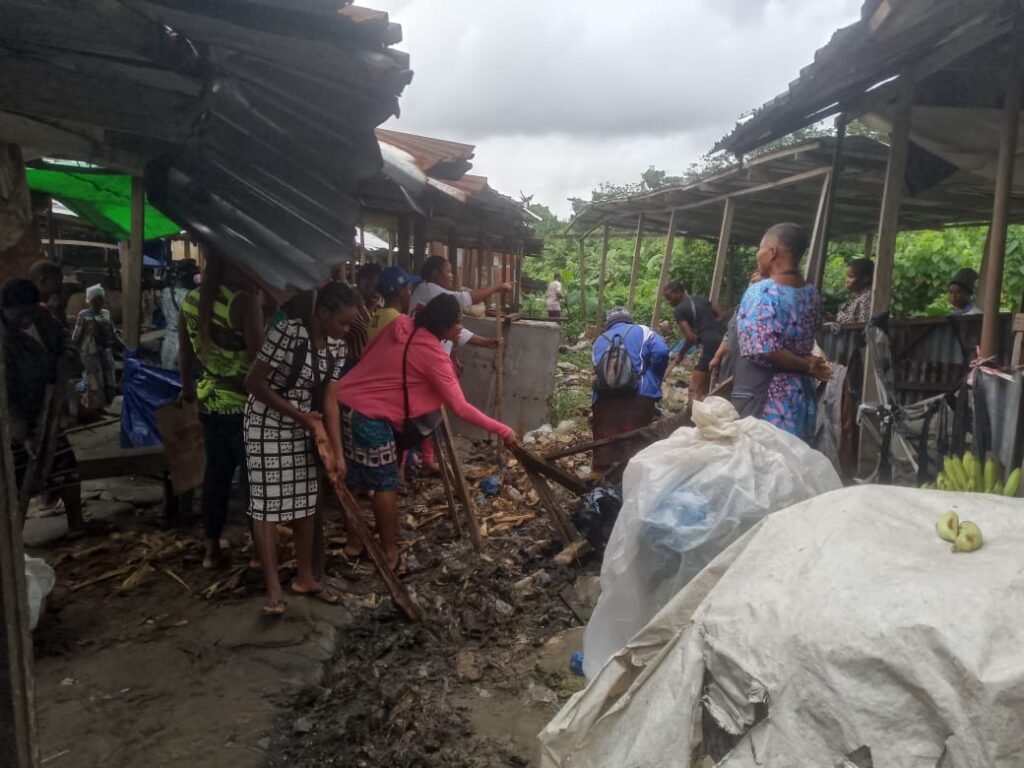
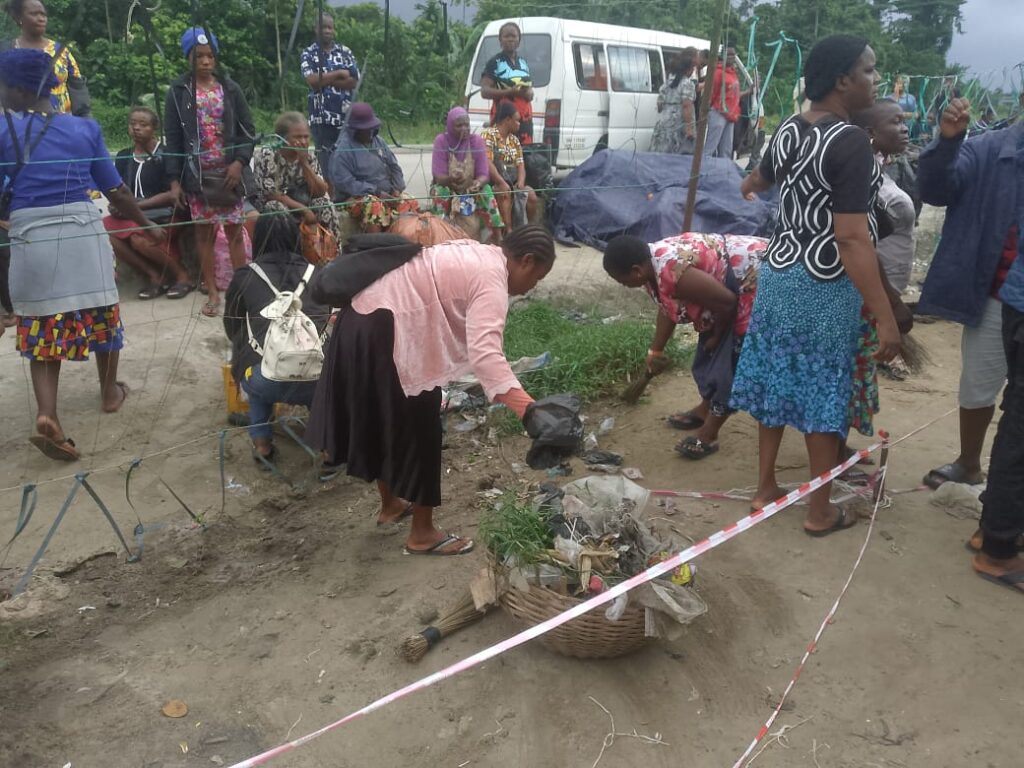
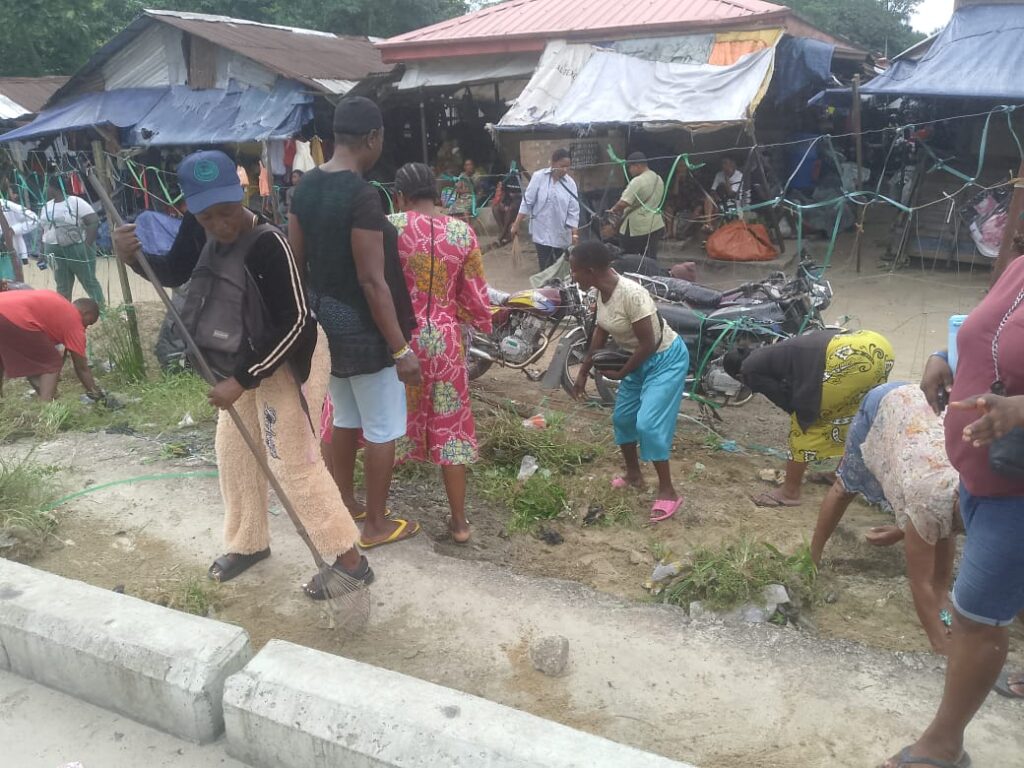
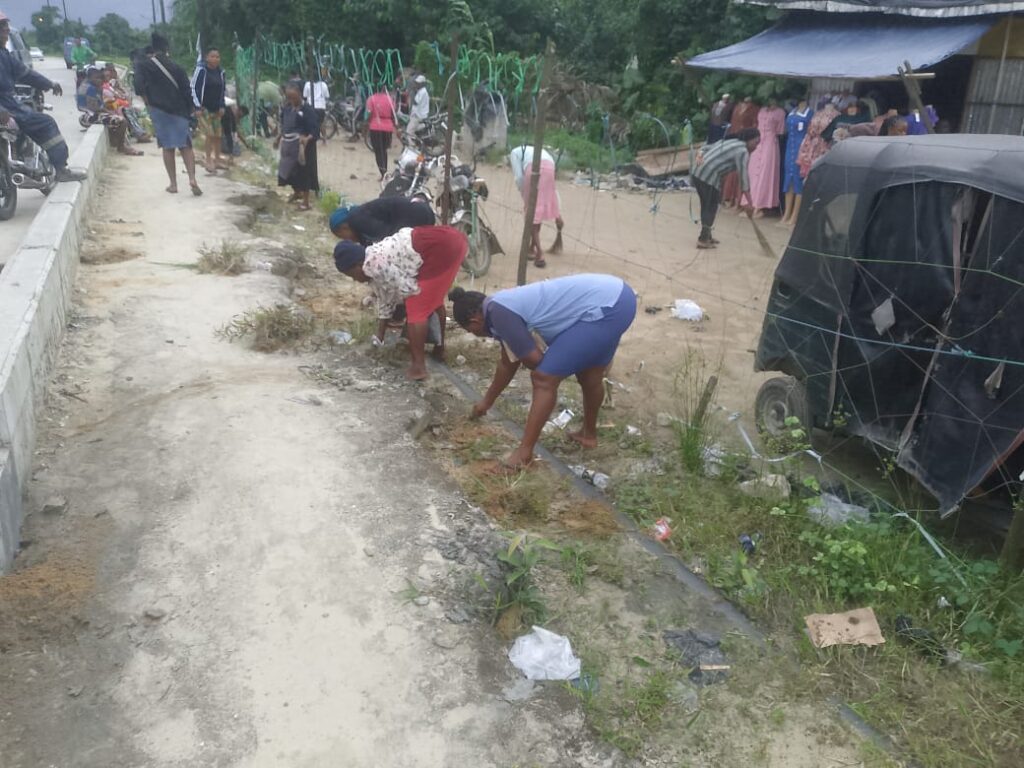
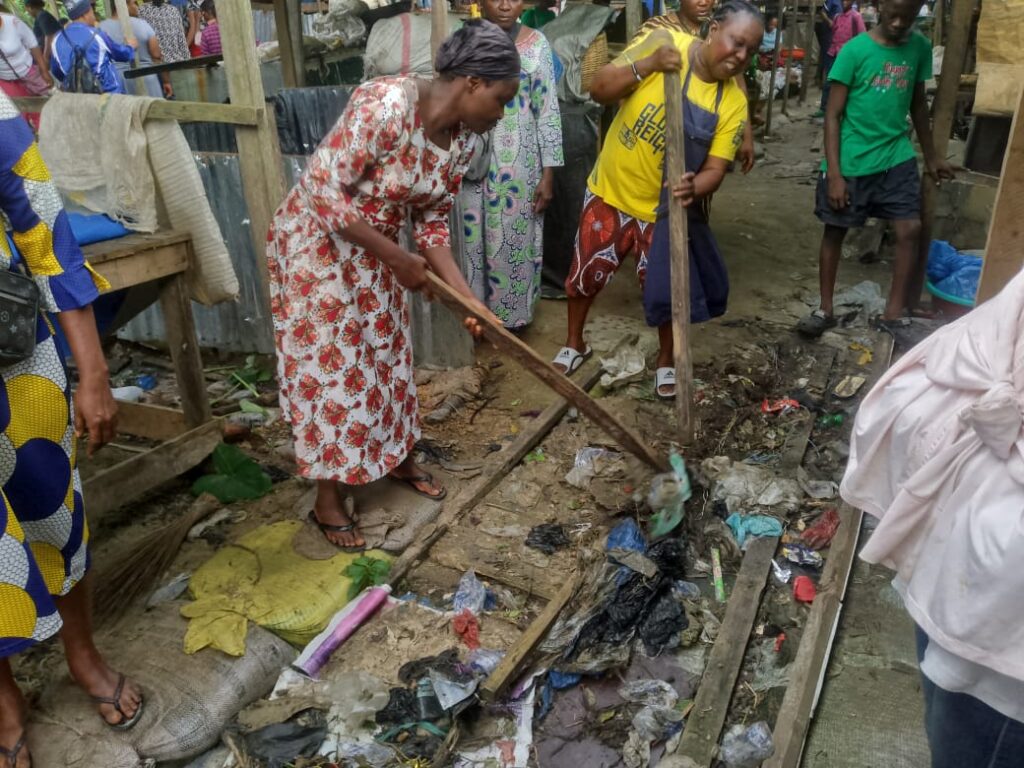
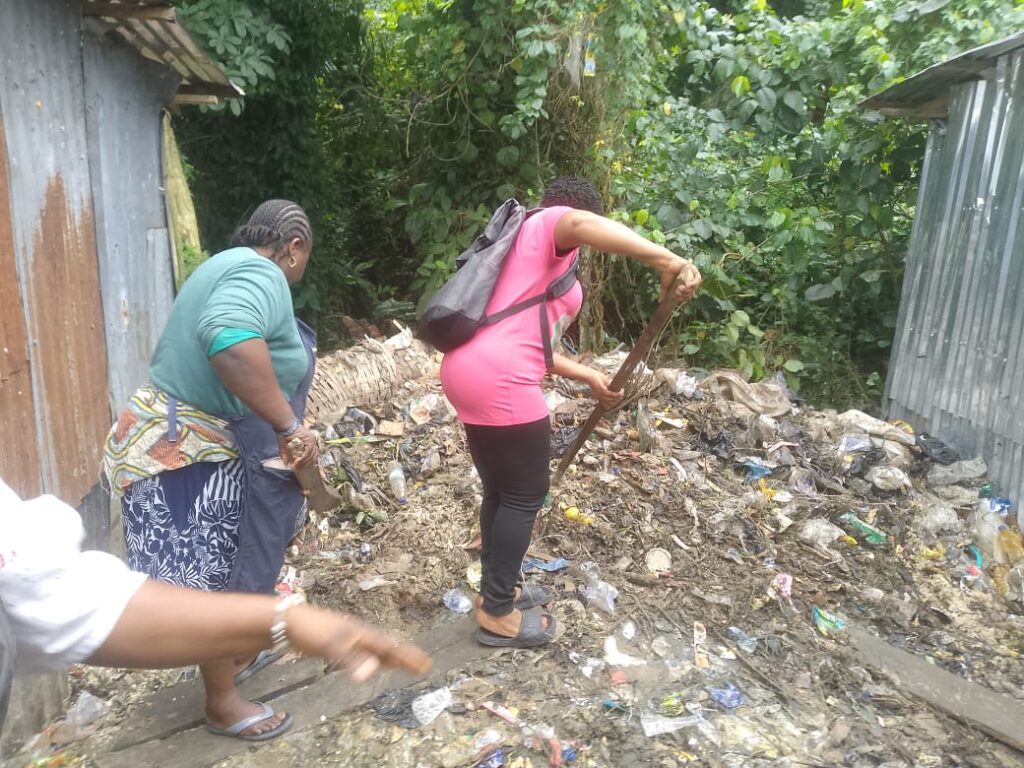
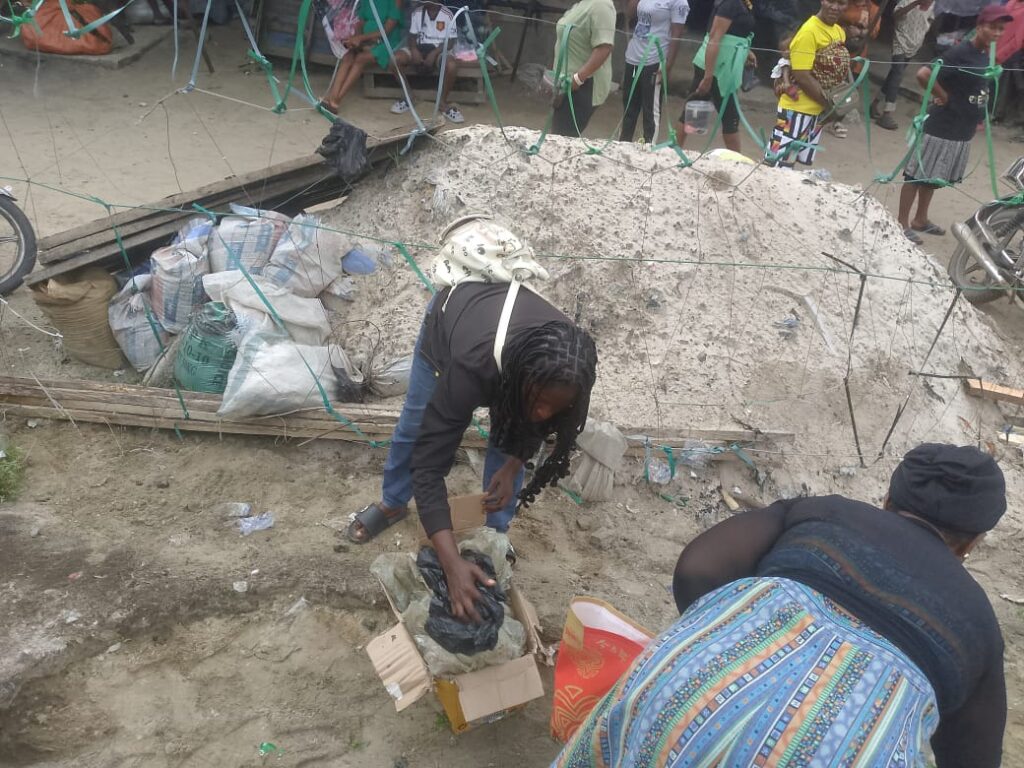



You must be logged in to post a comment.